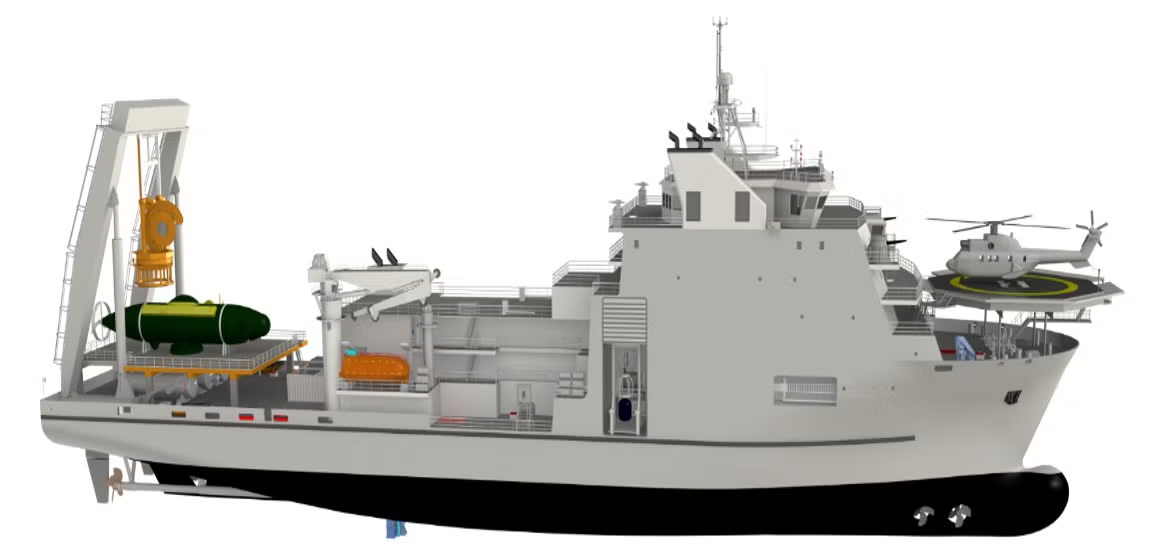In a major milestone for maritime self-reliance, the Indian Navy is set to commission its first indigenous Diving Support Vessel (DSV), INS Nistar, on July 18 at the Naval Dockyard, Visakhapatnam. The commissioning will be attended by Defence Minister Rajnath Singh, underscoring the strategic significance of this state-of-the-art platform.
A Boost to Submarine Rescue & Deep-Sea Operations
Built by Hindustan Shipyard Limited (HSL), a public sector undertaking, Nistar has been indigenously designed and constructed to support deep-sea diving, submarine rescue, and salvage operations. It will be based under the Eastern Naval Command, enhancing India’s ability to safeguard its underwater assets and personnel.
According to a Navy spokesperson, “Equipped with cutting-edge deep-sea diving systems, Nistar significantly enhances our operational capabilities and will serve as a lifeline for submariners in distress.”
🔎 Key Features of INS Nistar: All You Need to Know
Indigenous Design & Build: Constructed by Hindustan Shipyard Ltd, following the classification standards of the Indian Register of Shipping (IRS).
Historical Legacy: The name ‘Nistar’, derived from Sanskrit, means liberation, rescue, or salvation. It also pays homage to the earlier INS Nistar — a Soviet-origin submarine rescue vessel inducted in 1971.
Diving Capabilities:
Can conduct saturation diving up to 300 meters.
Features a side diving stage for operations up to 75 meters.
Equipped with Air and Saturation Diving Systems and Remotely Operated Vehicles (ROVs) for underwater tasks up to 1000 meters depth.
Includes Side Scan SONAR to aid in search and survey missions.
Submarine Rescue Ready: Acts as a Mother Ship for the Deep Submergence Rescue Vessel (DSRV), ensuring rapid deployment in submarine emergencies.
Advanced Technology Suite:
Dynamic Positioning System (DPS) for precise navigation and station-keeping at sea.
A 15-ton subsea crane for underwater lifting operations.
Helicopter operations capability for extended logistics and rescue support.
Endurance & Versatility: With a displacement of over 10,000 tonnes and a length of around 120 meters, Nistar can remain operational at sea for over 60 days, making it a formidable platform for both peacetime and combat missions.
🚢 Strategic Importance
With only a handful of navies globally possessing such advanced deep-sea rescue capabilities, INS Nistar places the Indian Navy in an elite category. It reaffirms India’s growing self-reliance in naval defence manufacturing and significantly enhances the country’s ability to respond to underwater emergencies.
Conclusion
The commissioning of INS Nistar marks a historic step in strengthening India’s maritime rescue infrastructure. It not only demonstrates indigenous expertise in building complex warship platforms but also ensures critical support to the Navy’s submarine fleet—especially during rescue and salvage missions in challenging underwater environments.







